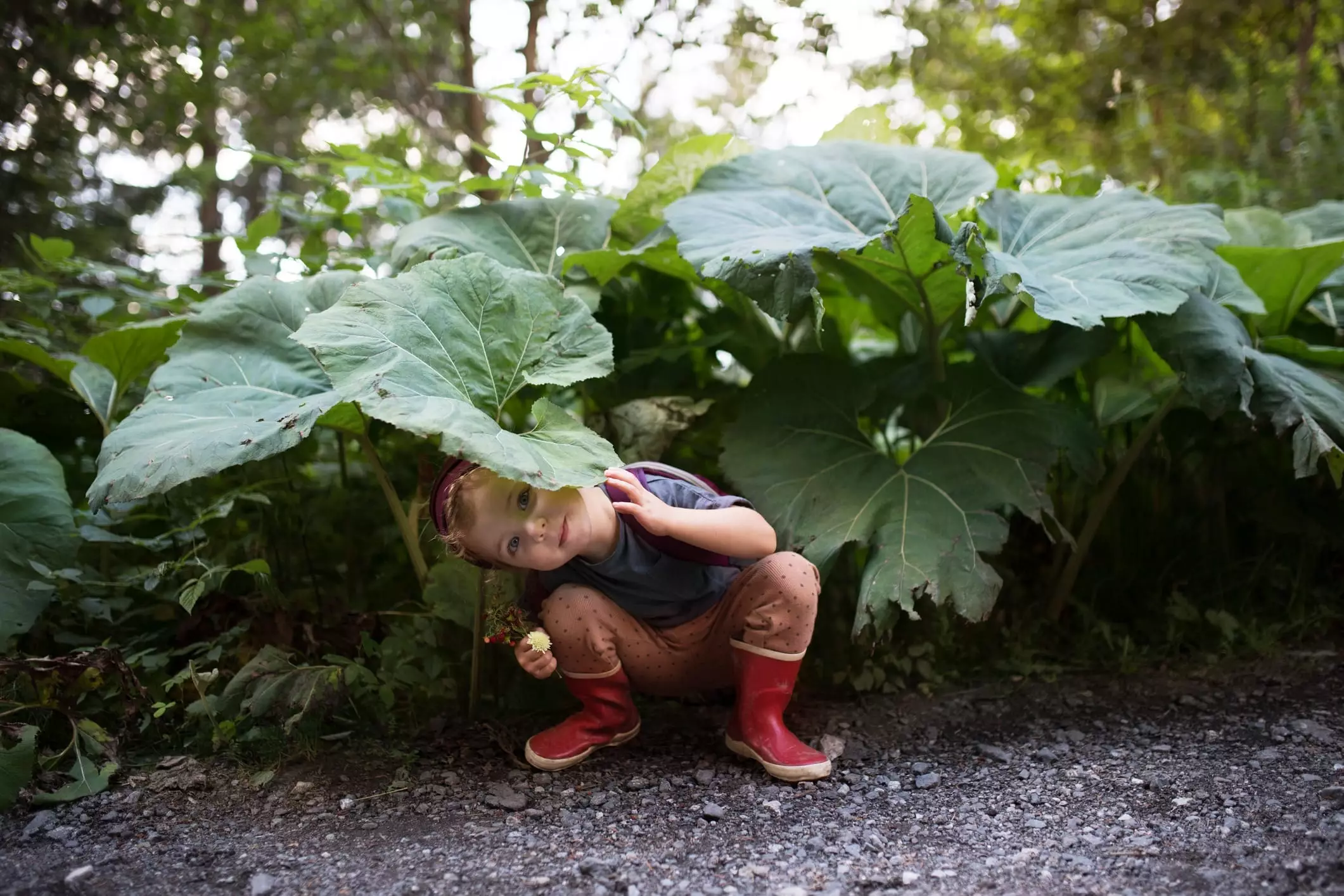In recent years, scientific discoveries have unveiled the astounding complexity of the human microbiome, bringing to light that our bodies harbor almost as many bacterial cells as human cells. This revelation has dramatically shifted our understanding of health and wellness, particularly from the perspective of parenting. As modern parents navigate challenges and joys of child-rearing, it is crucial to recognize the role of these microorganisms—trillions of them—who work tirelessly in promoting our health and well-being. Understanding the microbiome can also empower parents to make informed decisions about their children’s nutrition, environment, and overall lifestyle.
The microbial journey for children starts at birth, where the initial seeding of the microbiome occurs primarily from their birthing parent. The method of delivery—whether vaginal or via C-section—significantly influences this colonization. Vaginal births tend to provide a richer supply of diverse bacteria that help foster a balanced microbiome, while C-sections can limit this initial exposure. Practices such as skin-to-skin contact and breastfeeding further contribute to establishing the infant’s microbiome.
These early experiences set the stage for the microbiome’s evolution. Factors including antibiotic use during infancy, patterns of early nutrition, and the living environment—all play pivotal roles in shaping and diversifying the microbiome during those critical early years. Importantly, between the ages of three and five, the microbiome stabilizes into a more defined structure known as a “steady state microbiome,” which continues to evolve throughout life, making it essential for parents to consider lifestyle factors affecting this development.
While an acute focus on hygiene and sanitization has become the norm in the wake of global health crises, it is essential to understand that not all microbes are harmful. In fact, the majority are beneficial and crucially contribute to our immune system and overall health. Modern children, especially those raised in overly sanitized environments, are increasingly exposed to fewer microbial varieties, which can impair their immune system development and make them more susceptible to allergies, asthma, and other illnesses.
Encouraging outdoor play can counteract this trend, as exposure to natural environments not only connects children with the world around them but also exposes them to diverse microorganisms. A vibrant outdoor ecosystem is teeming with beneficial bacteria that can enrich their microbiome and bolster their immune defenses.
Diet is one of the most influential aspects of maintaining a healthy microbiome. Research underscores the importance of providing children with a varied diet rich in plant fibers and polyphenols. Foods such as vegetables, nuts, and fruits pave the way for beneficial bacteria to thrive, leading to improved digestive health and a fortified immune response. Conversely, high sugar and processed foods can upset the delicate balance of the gut microbiome, negatively affecting both digestion and immunity.
Parents can support their child’s microbiome by prioritizing whole, unprocessed foods, along with healthy fats and omega-3 fatty acids typically found in fish, nuts, and avocados. Furthermore, including fermented foods like yogurt and kefir can introduce beneficial probiotics, which, although sometimes confused with general fermented items, are scientifically validated microbes that promote health when incorporated into the diet.
Incorporating pets into the family can also have a positive effect on a child’s microbiome. Animals serve as carriers of unique microbes that can provide exposure to diverse microbial communities. Several studies suggest that children who grow up with pets tend to have strengthened immune systems and a reduced risk of developing allergies. However, this should be balanced with awareness of any allergies the child may have.
Beyond direct interaction with pets, encouraging outdoor play allows kids to come into contact with various environmental microbes, enhancing their microbiome diversity in ways that we are just beginning to understand. Simple activities—like playing in the soil—can expose children to helpful microbes that reinforce immune function and promote lifelong health.
As the landscape of microbiome science rapidly evolves, it becomes vital for parents to grasp the significance of microbial health to enhance the well-being of their children. Awareness can lead to profound changes in parenting choices, empowering families to embrace a health-promoting lifestyle. The journey of nurturing microbes can shift our perspective from fearing germs to appreciating the vital roles that beneficial microbes play in our lives.
In sum, recognizing the interconnectedness of our health and the microbial universe can equip parents with the tools necessary to foster vibrant, resilient children. Understanding the science behind this invisible symphony can empower not just parents but also children, giving them the knowledge they need to approach health with curiosity rather than fear. After all, in a world where superheroes abound, parents too can become “Superorganisms” in promoting their child’s well-being.

